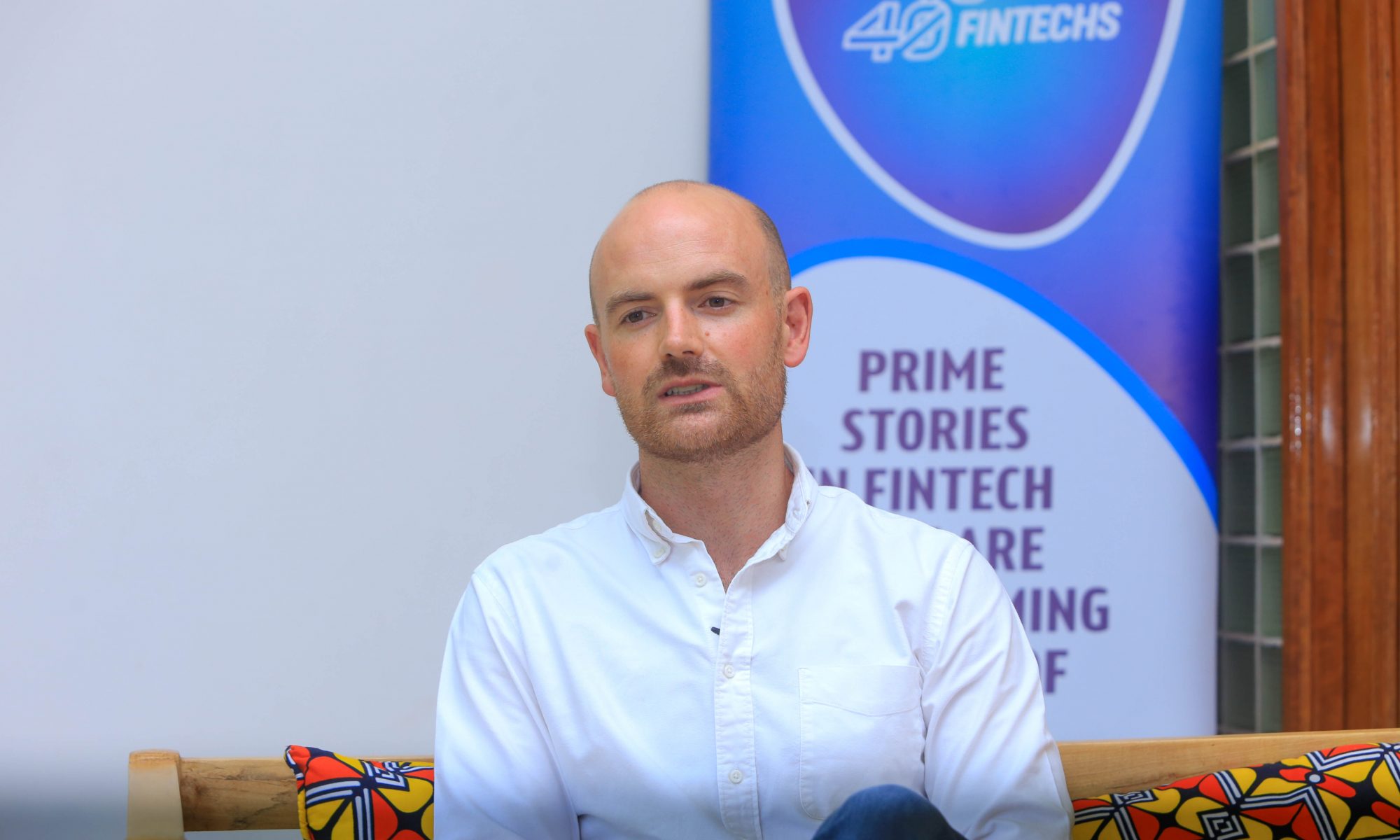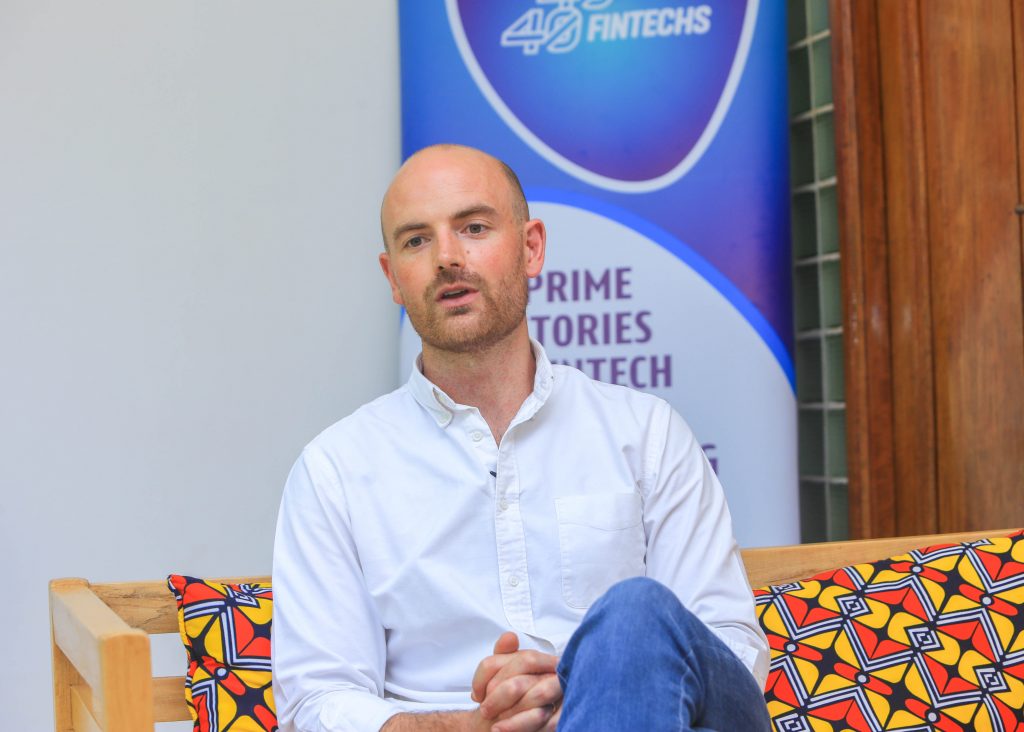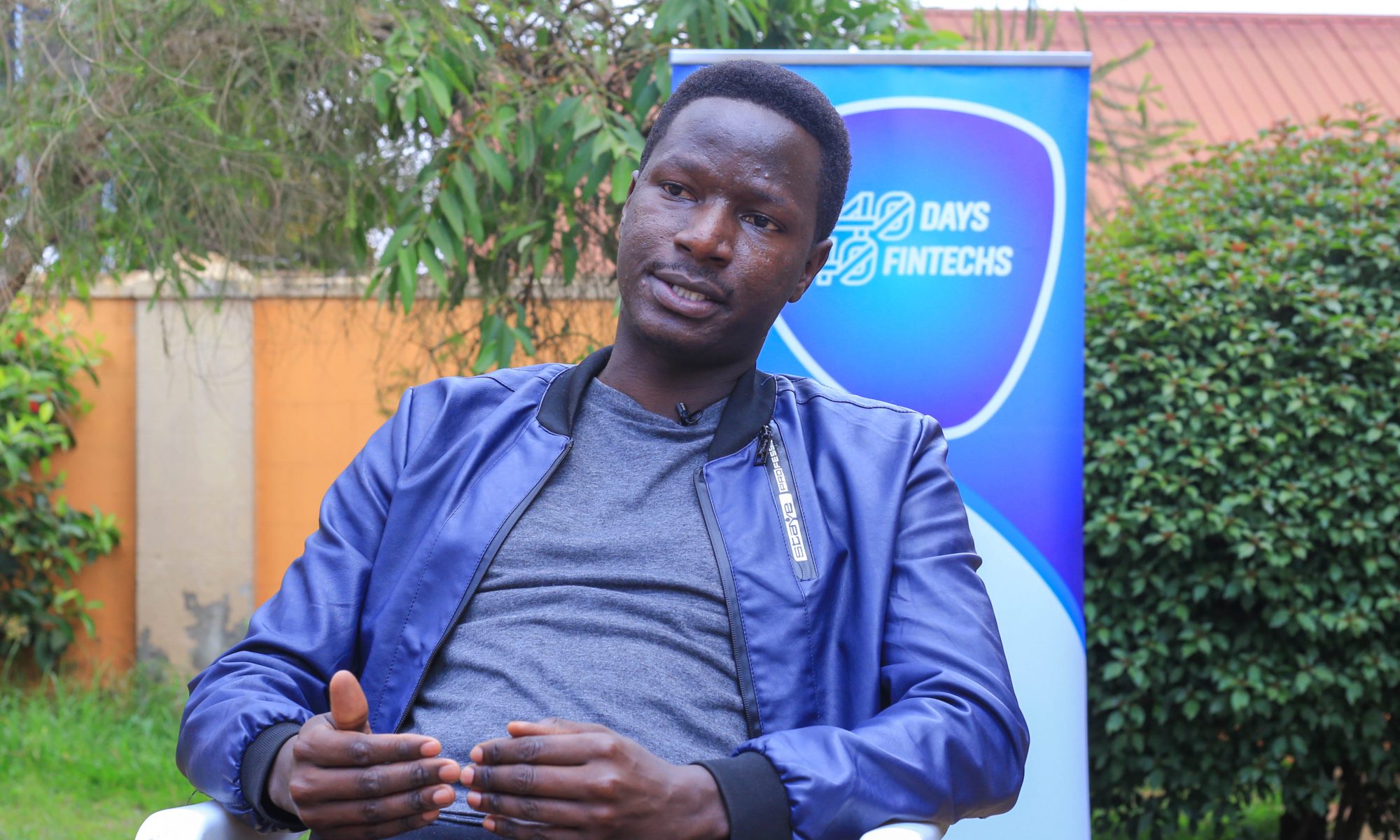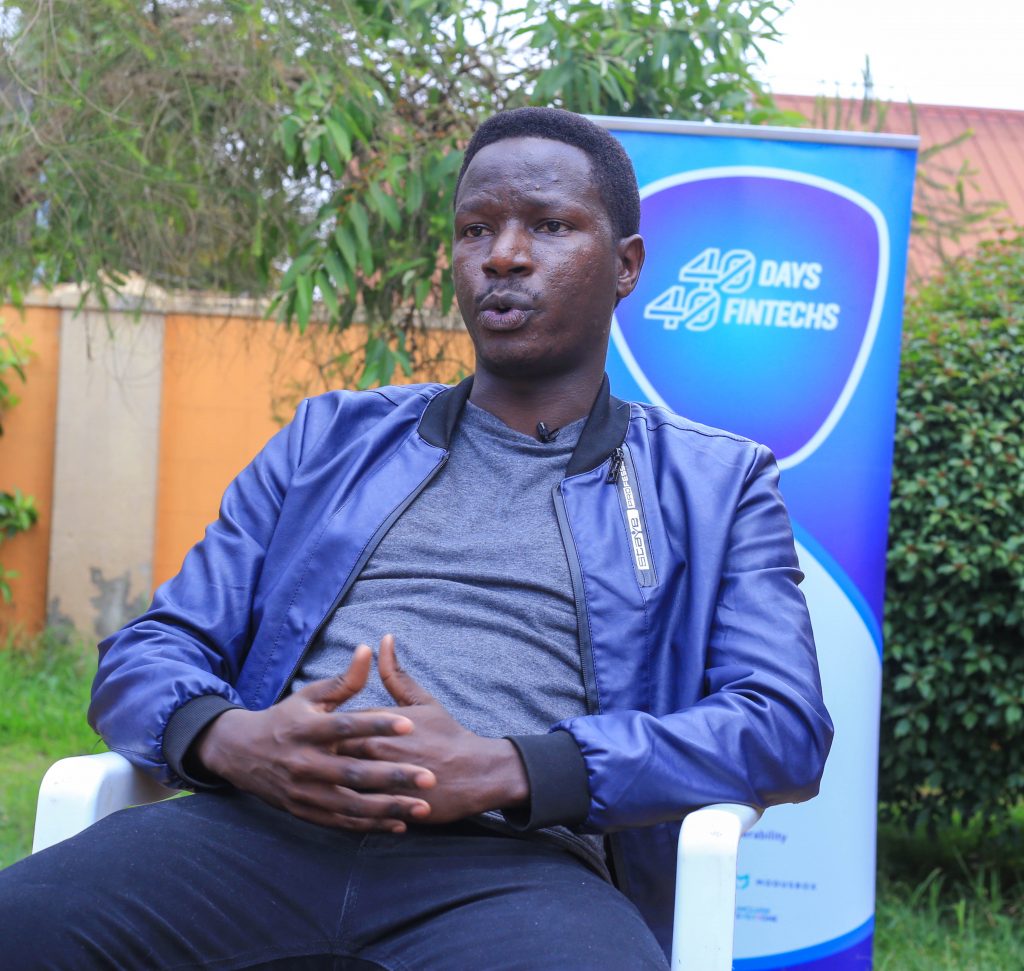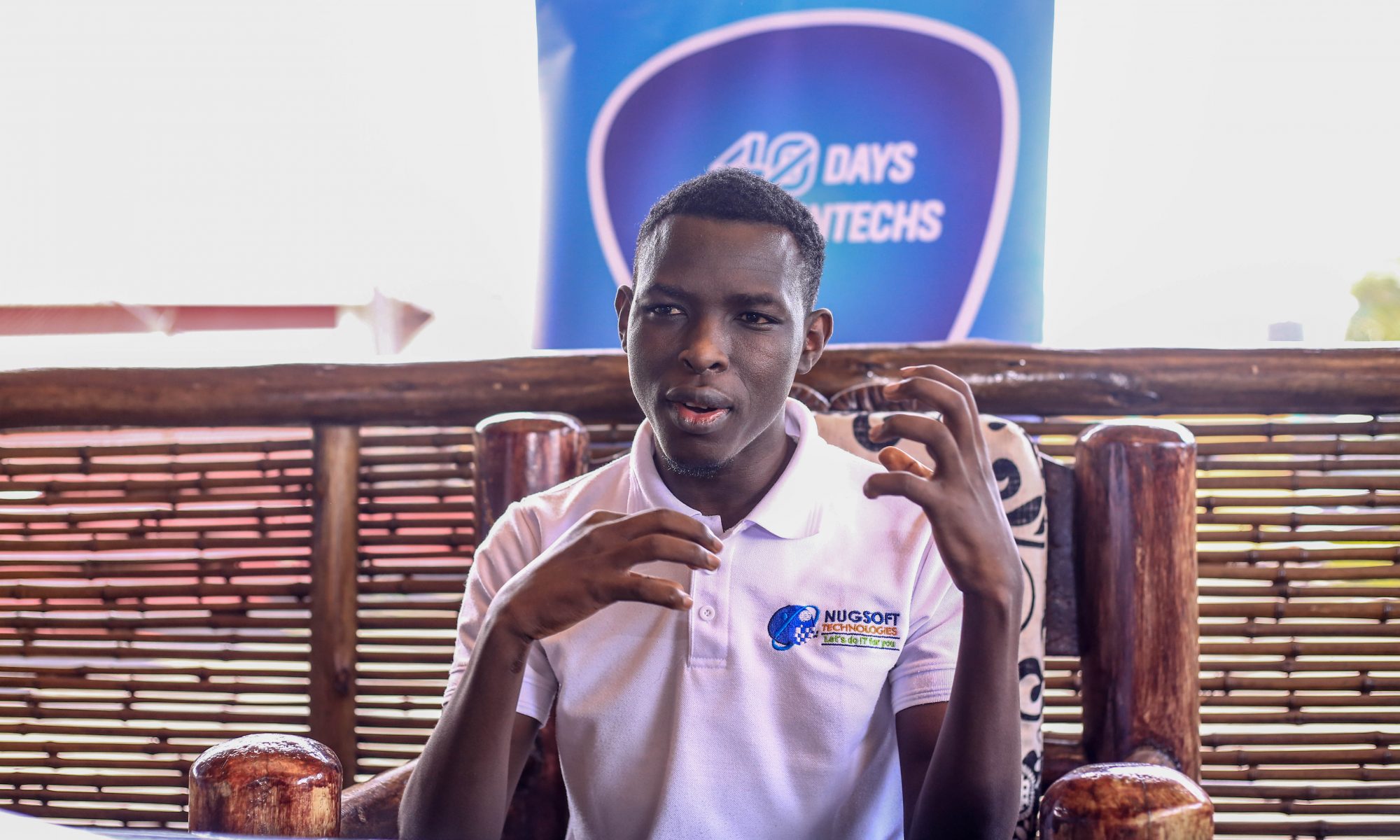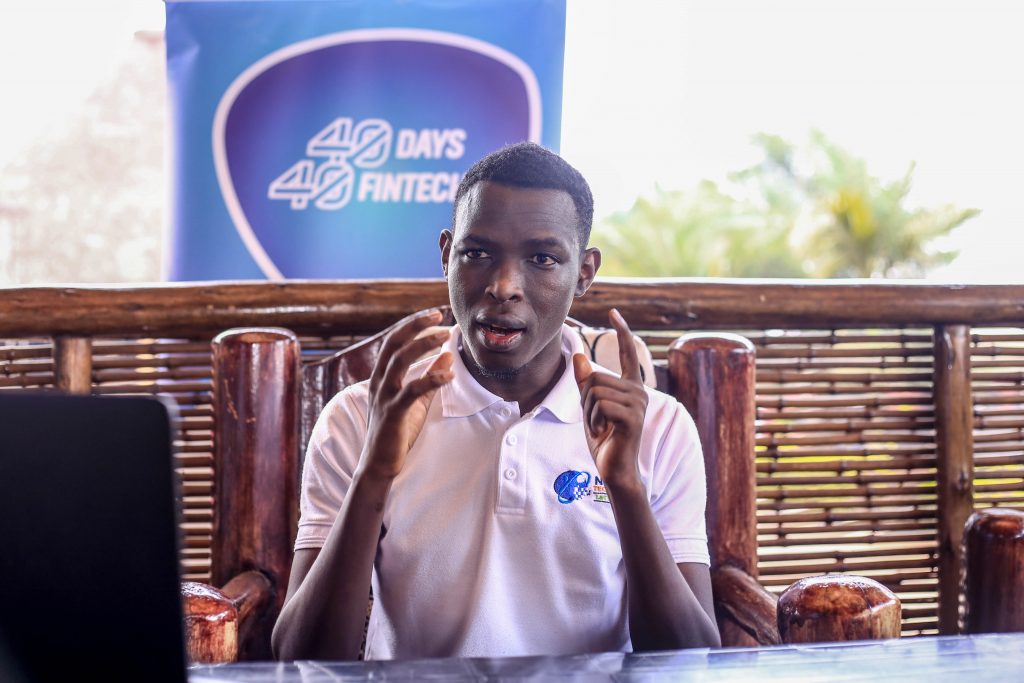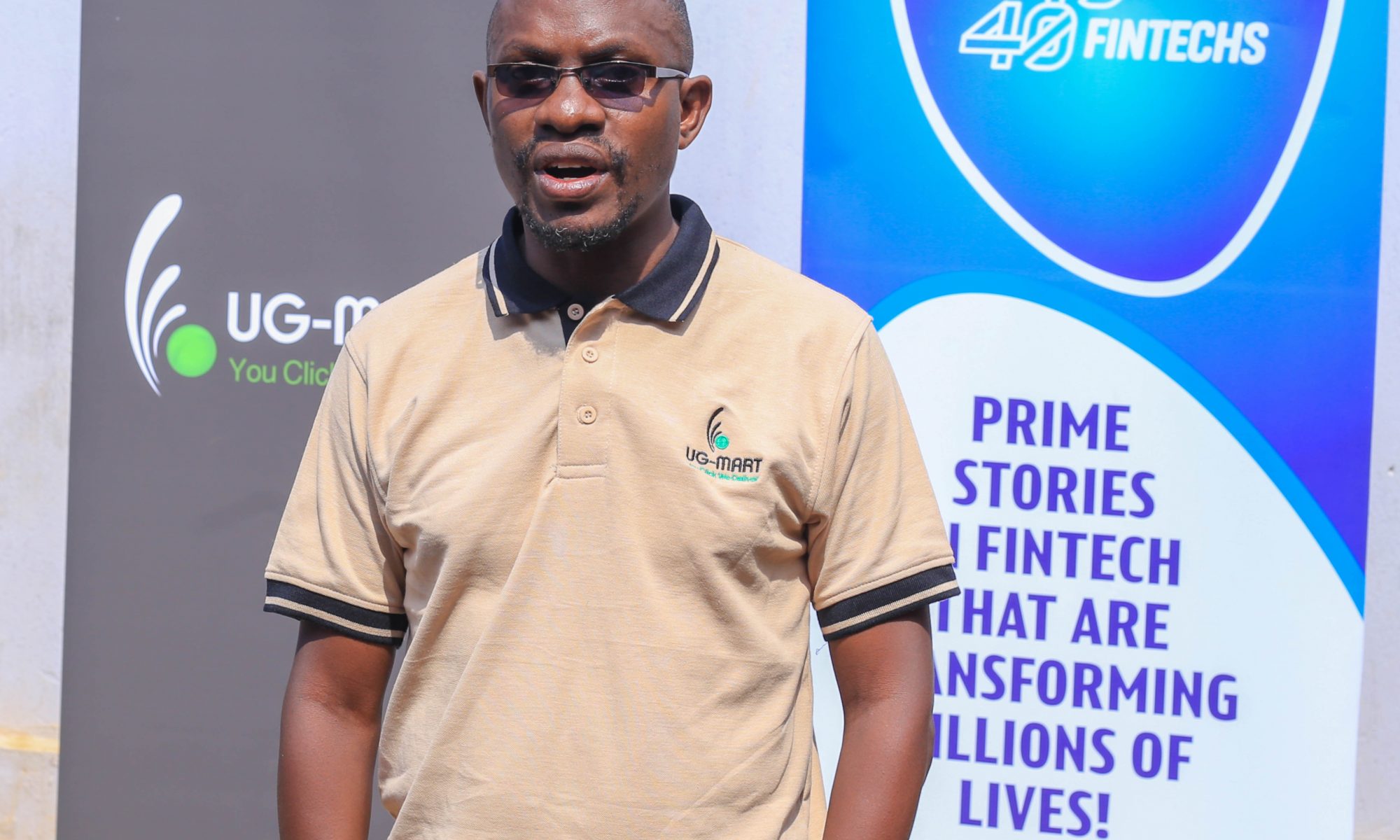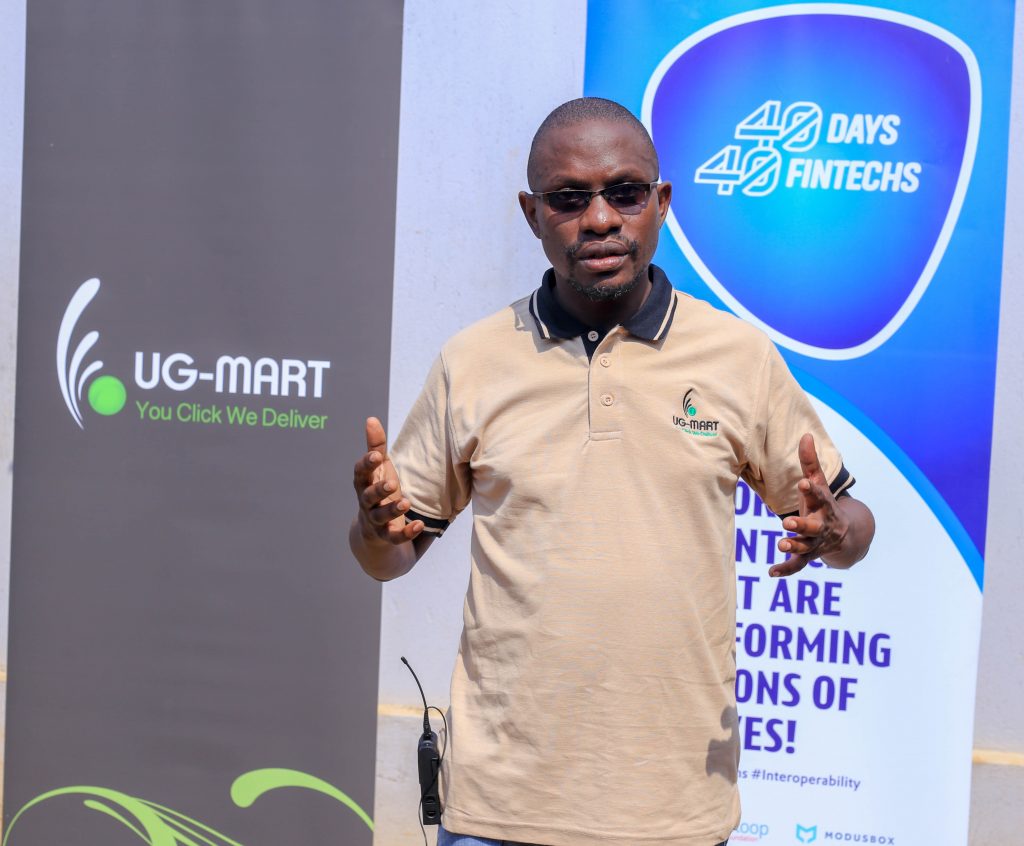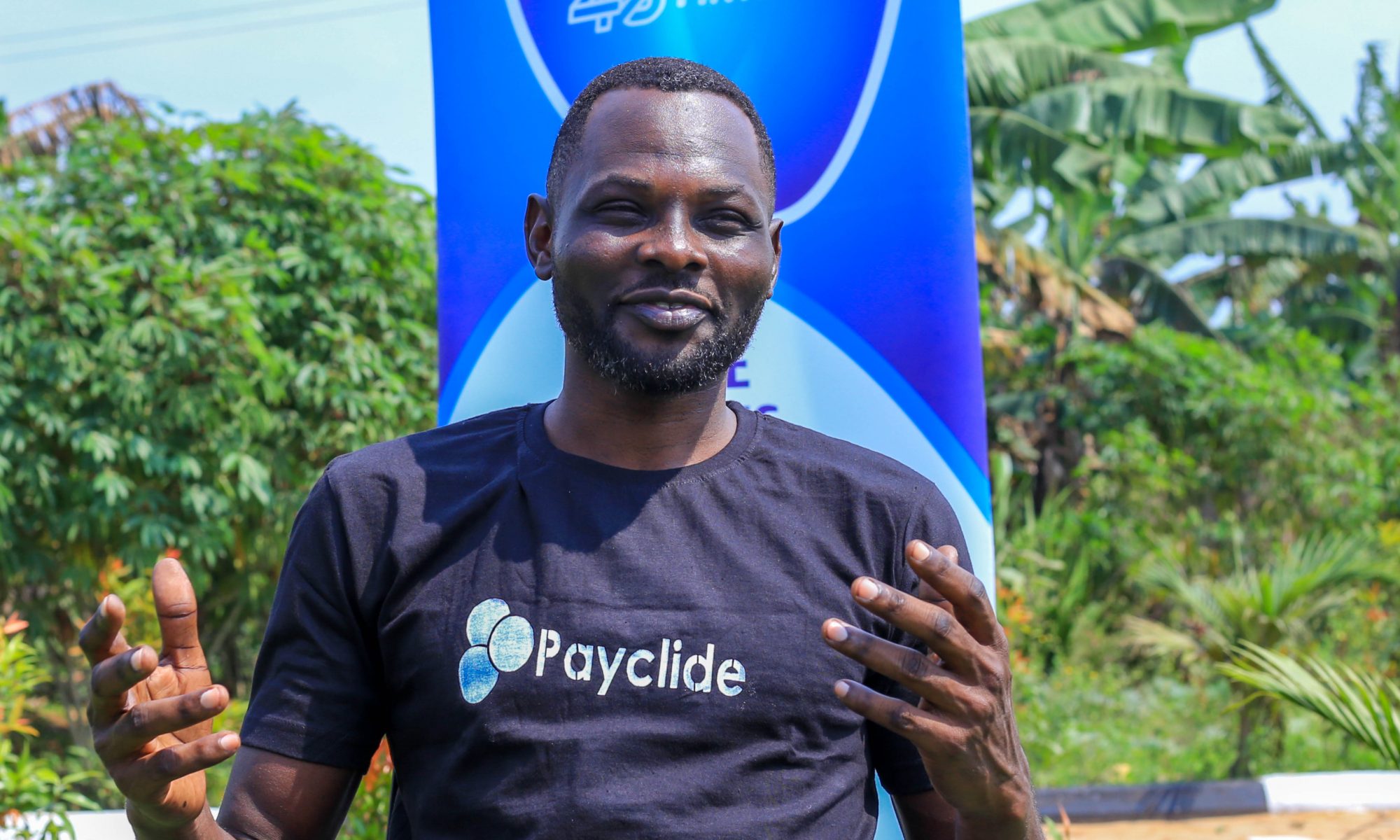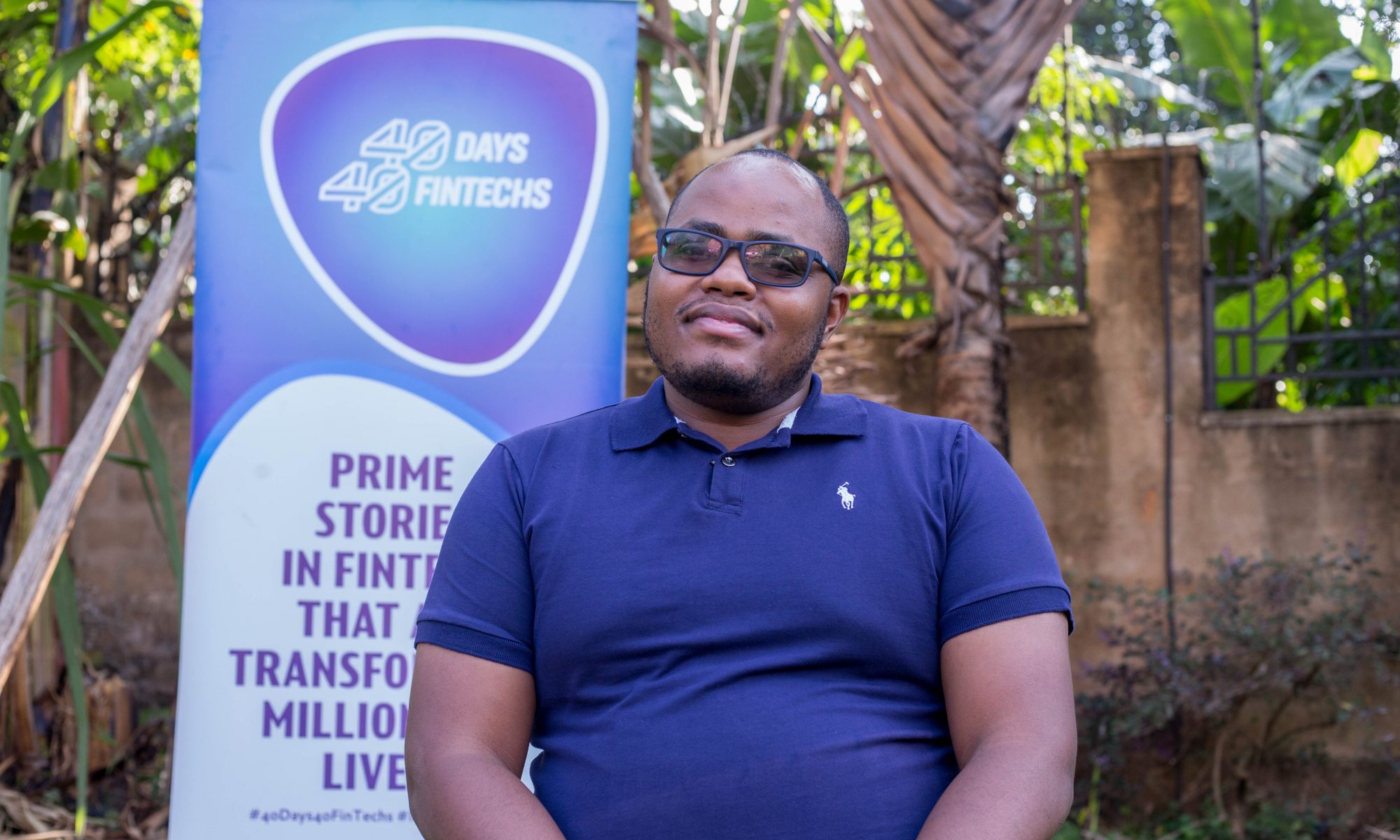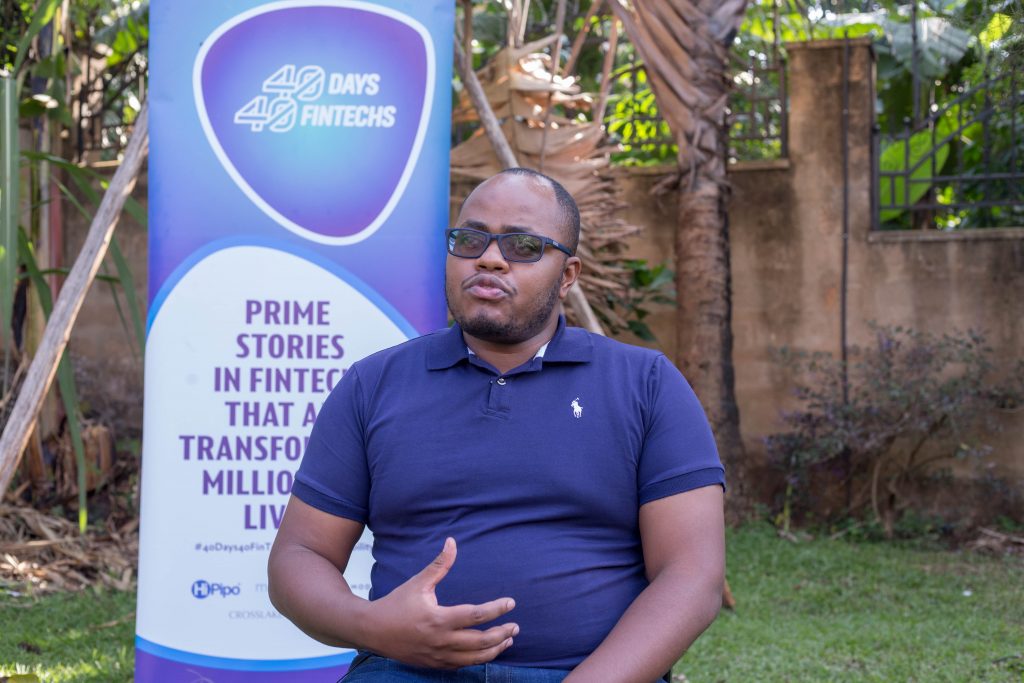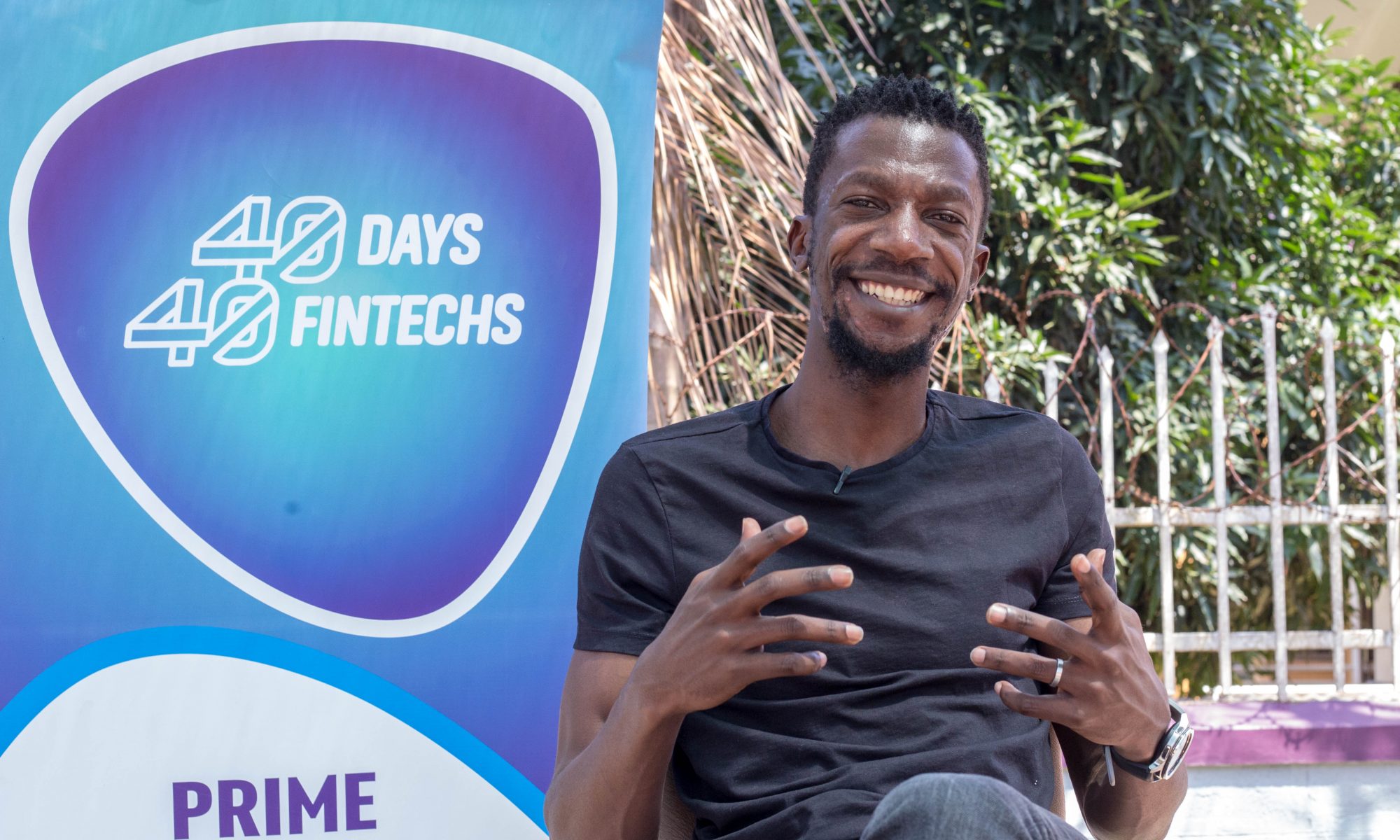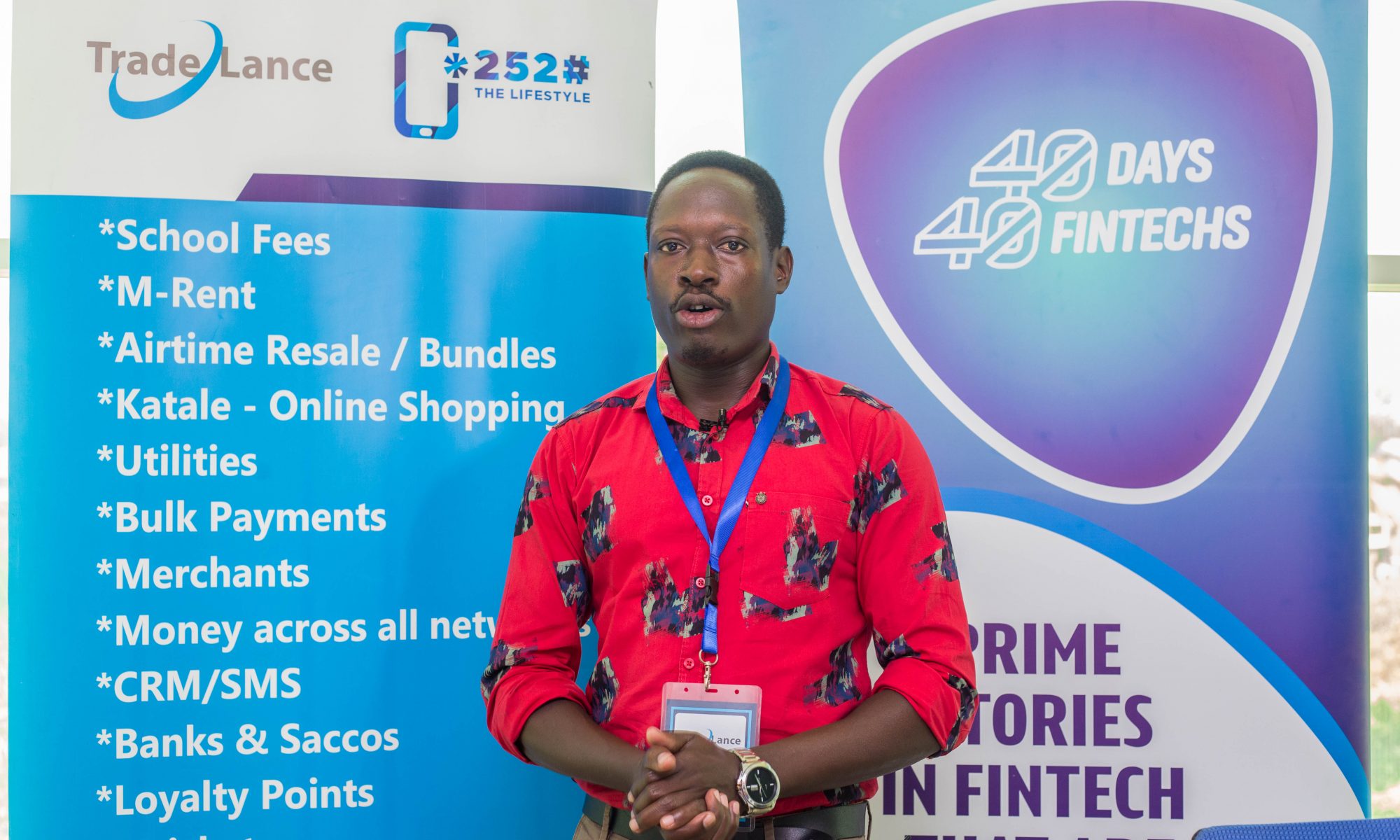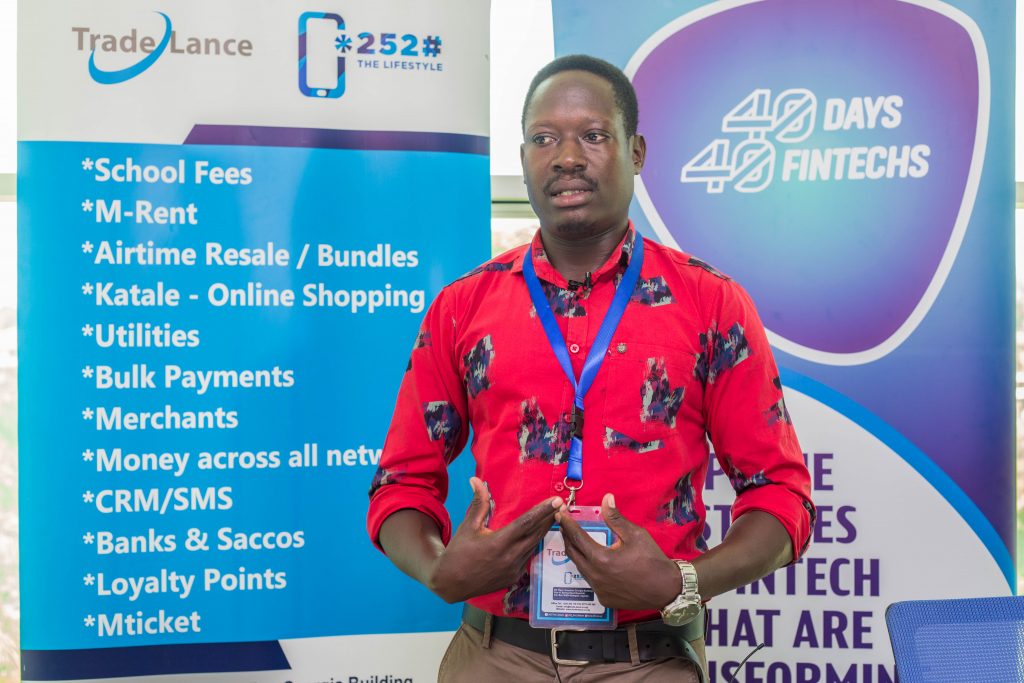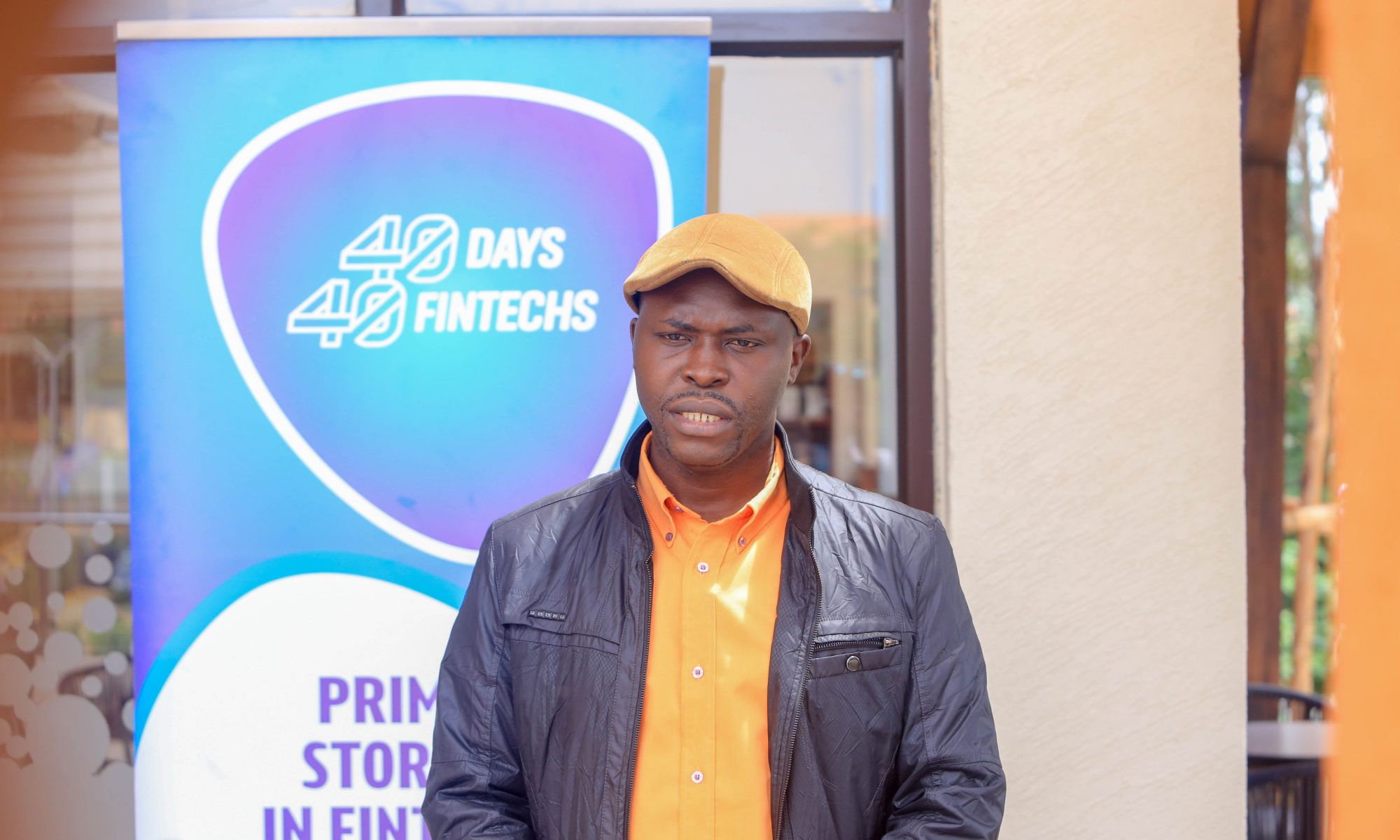By Our writer
Being cash strapped has never been a good experience for anyone, neither is the hassle of moving from one financial institution to another shopping for a good loan deal.
This is, however, made easy with Jumo’s Wewole product, a micro-credit solution that provides a convenient way for mobile money subscribers to access loan facilities via the mobile money platform.
Jumo specialises in social impact financial products, which it offers in partnership with Mobile Network Operators (MNOs) and Financial Service Providers (FSPs) to enable especially Small and Medium Enterprises (SMEs) access credit, savings and insurance products.
The Wewole product is offered in partnership with Airtel Uganda and can be accessed via USSD by dealing *185# and select option 8 for Wewole.
Under the Wewole product, customers access loans ranging from Shs 1,500 to Shs 800,000, depending on their credit scoring and need.
The loan is payable between seven and 30 days. Failure to clear the loan within the agreed period attracts a penalty and may affect one’s creditworthiness and size of the loan the next time they need it.
$3bn disbursed
Wendy Nanfo, the Country Operations Coordinator Jumo World Uganda, says the firm has disbursed over $3 billion worth of loans to over 18 million customers and SMEs in seven markets across Africa and Asia, with a 97% repayment rate yet the Cost of Risk has reduced to 4%.
Nanfo says that the company uses advanced data science and machine learning to create the fastest and leanest financial services infrastructure, using Advanced Data Engine, End-to-end banking technology and a Flexible-operating platform.
Wewole is an unbiased product as anyone above 18 years can access a loan as long as they have a mobile money registered Sim card. No further documentation, paperwork or collateral is required.

“Currently, for every three customers served by Jumo, one is a woman. This has gone up from one woman in every five customers and constitutes almost 40%of disbursements on our platform,” Nanfo notes.
She says Wewole has performed well during this period of the COVID-19 pandemic, registering an increase in disbursement, hitting the Shs 100 million loans mark.
She attributes the performance to product flexibility and meeting specific needs of the market segment and demand.
Jumo modified its portfolio strategy to suit the needs of customers in the current times, including continuing to disburse loans to repeat customers, waiving late payment fees for the lockdown periods and extending loan repayment terms and continuous customer engagement, among others.
40-Days 40 FiTechs
Jumo is among the firms participating in the on-going 40-Days 40 Fintechs initiative, organised by HiPipo in partnership with Crosslake Technologies, ModusBox and Mojaloop Foundation, and sponsored by the Gates Foundation.
Nanfo says the initiative has given FinTechs an opportunity to learn, discuss common challenges and how to best resolve them by sharing ideas.
“The initiative is our voice; in the inaugural edition, we talked about interoperability and FinTechs have become more open to the idea. As the demand goes up, I am sure that we will see it implemented,” she says.
While Uganda’s FinTech industry has made commendable progress, Nanfo says there is still a lot of room for growth.
“I think FinTechs need to focus more on other aspects of the business like product development, customer experience, collaborative organisational structures and how to attract investors, to ensure sustainability,” she notes, adding that there is also need for more players in other aspects of financial services ranging from innovative insurance, wealth management and even education financing.
The HiPipo Chief Executive Officer Innocent Kawooya alludes that FinTech is the launch pad on which the promise of full global financial inclusion will be fulfilled.
He adds that this edition will be Uganda’s most comprehensive foray into things like distributed ledger technologies, Artificial Intelligence, Big Data, Automated Customer Relationship Management, cash management and lending platforms.


